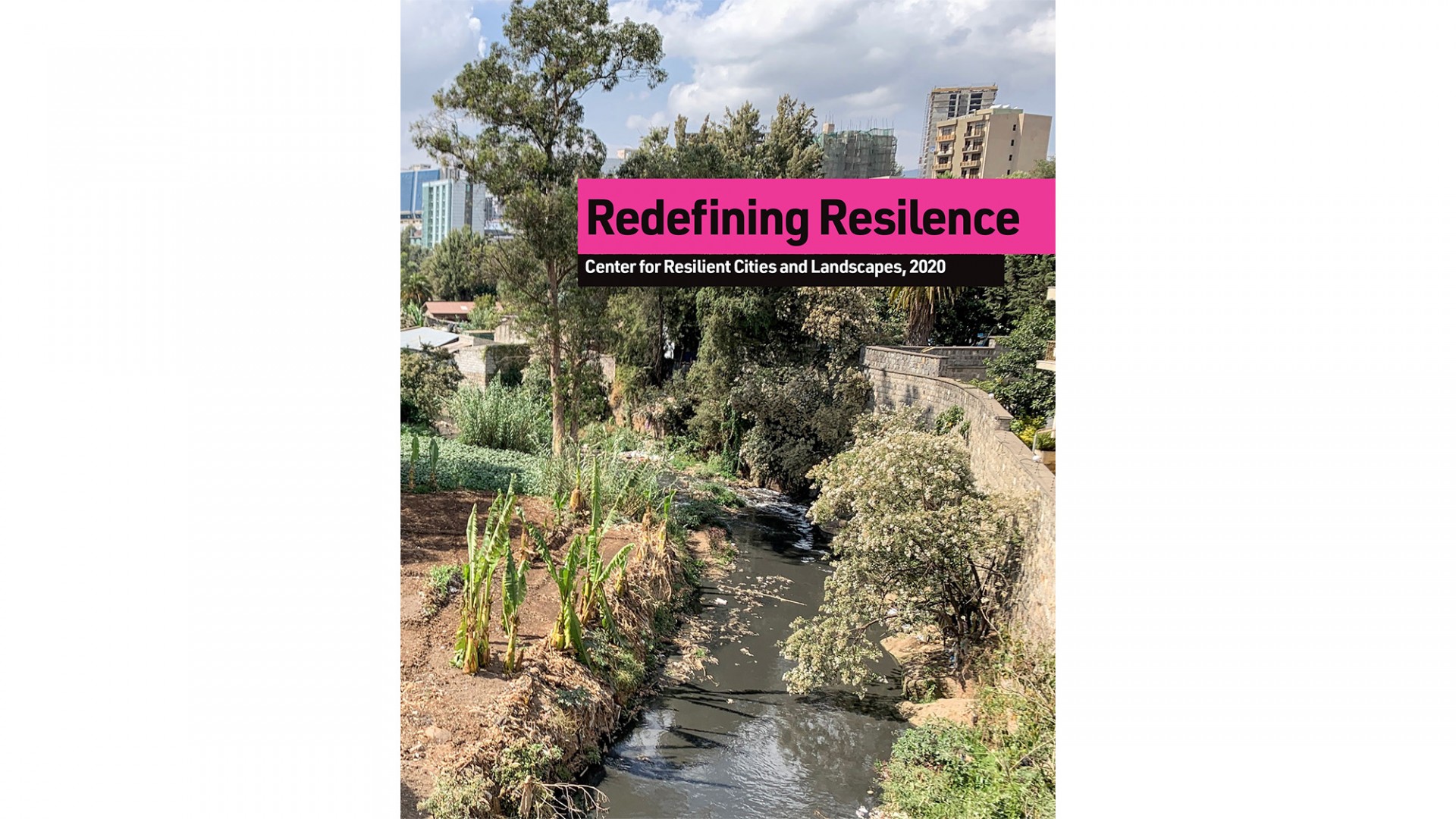News
Coastal Resilience Earth Network: Harnessing Columbia’s resources to advance COP28 Breakthroughs
The outcome of the 2023 United Nations Climate Change Conference or COP28, held from 30 November until 12 December 2023, left many unsatisfied. While COP28 was the first COP where Parties agreed to transition away from fossil fuels, there were several loopholes. As outlined in the Alliance for Small Island States (AOSIS) statement, the change is seen by many as incremental and not transformative.
Kate Orff on "Managed Retreat" in Bloomberg
“There’s no thread that connects the investment [of a buyout] to something that is actually meaningful. There’s nothing that follows the dot all the way through,” says Kate Orff, faculty director of Columbia University’s Center for Resilient Cities and Landscapes and the recipient of a MacArthur “genius grant” for her work on coastal adaptation. What’s needed “is a program that actually looks more synthetically at how all of these things come together.”
A Blue Economy and Ocean Justice? What can we expect from COP28?
The 2023 United Nations Climate Change Conference or COP28, held from 30 November until 12 December 2023, will take place against a challenging backdrop as the recently published Emissions Gap Report shows that global warming is on track for up to 2.9°C.
Mission
The Center for Resilient Cities and Landscapes (CRCL) uses planning and design to help communities and ecosystems adapt to the pressures of urbanization, inequality, and climate change. CRCL works with public, nonprofit, and academic partners to deliver practical and forward-thinking technical assistance through interdisciplinary research, visualization of risk, project design scenarios, and facilitated convenings. CRCL integrates resilience thinking into design education and academic programming, bringing real-world challenges into the classroom to train future design leaders.
Established in 2018 at Columbia University’s Graduate School for Architecture, Planning and Preservation (GSAPP), CRCL extends Columbia’s leadership in climate-related work and supports the interdisciplinary collaborations and external partnerships needed to engage the most serious and challenging issues of our time.
